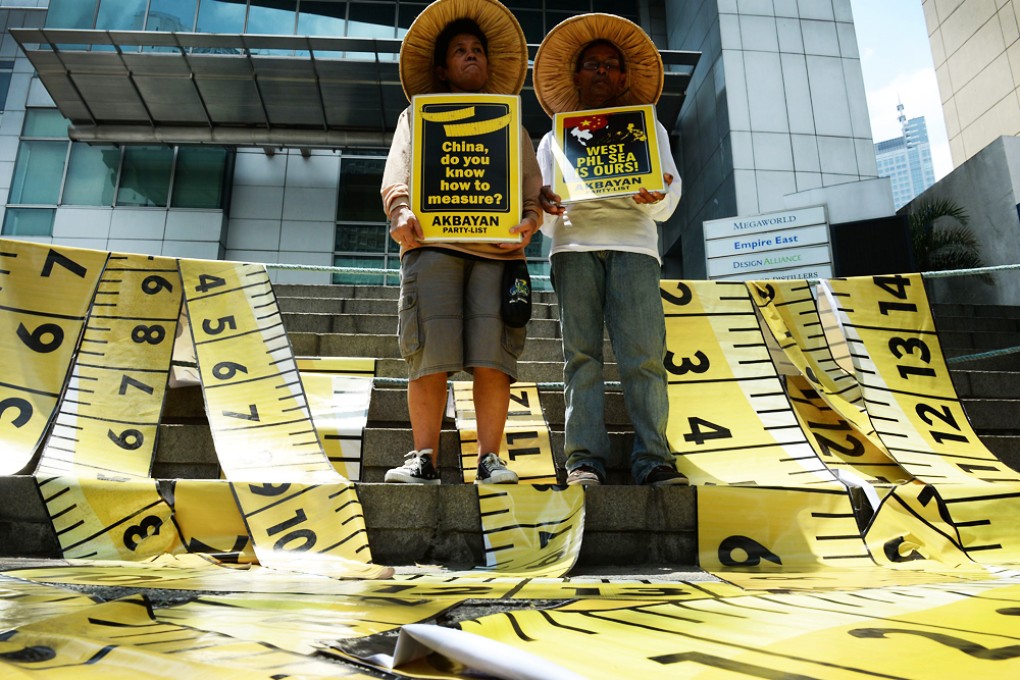Beijing laying a trap for the Philippines in South China Sea, say experts
Beijing is laying a trap for the Philippines in disputed waters, experts say, waiting for an excuse to seize territory in the oil-rich Spratlys

With tension running high between the Philippines and China because of their maritime dispute, one wrong move could see Beijing grabbing all the disputed islands, say regional experts.
"The danger really is a short, sharp conflict due to miscalculation," said Chito Santa Romana, former ABC News Beijing bureau chief who was once shortlisted to become Manila's ambassador to China. "The margin of error for our forces is really very small."
The danger really is a short, sharp conflict due to miscalculation. The margin of error for our forces is really very small
Speaking at a forum yesterday on "Understanding 21st century China", Santa Romana warned the Philippines should be wary of China's "cabbage" [encirclement] strategy.
"The idea is for us to make a mistake - to ram their ship, to arrest a fisherman, to fire at a fisherman - if we do any of those, I think we lose an island," he said.
"If we make another mistake, I think the Chinese will continue to probe the weak spots, and if they can achieve it, they would want to control all the disputed islands before a decision [by the arbitration committee on the law of the sea] is made. So even if they lose the case, there is nothing more to talk about."
On Saturday, the Philippine military used a small supply vessel to evade larger Chinese coast guard ships blockading a tiny Filipino garrison on the Second Thomas Shoal.
The shoal is part of the Spratlys, a chain of islets that sit near key shipping lanes, surrounded by rich fishing grounds that are believed to lie atop huge oil and gas reserves. A small number of Philippine soldiers are stationed on a navy vessel that was grounded there in 1999 to assert the Philippines' sovereignty.